Urban Campuses Boost Economies and Quality of Life, Policy Panel Says
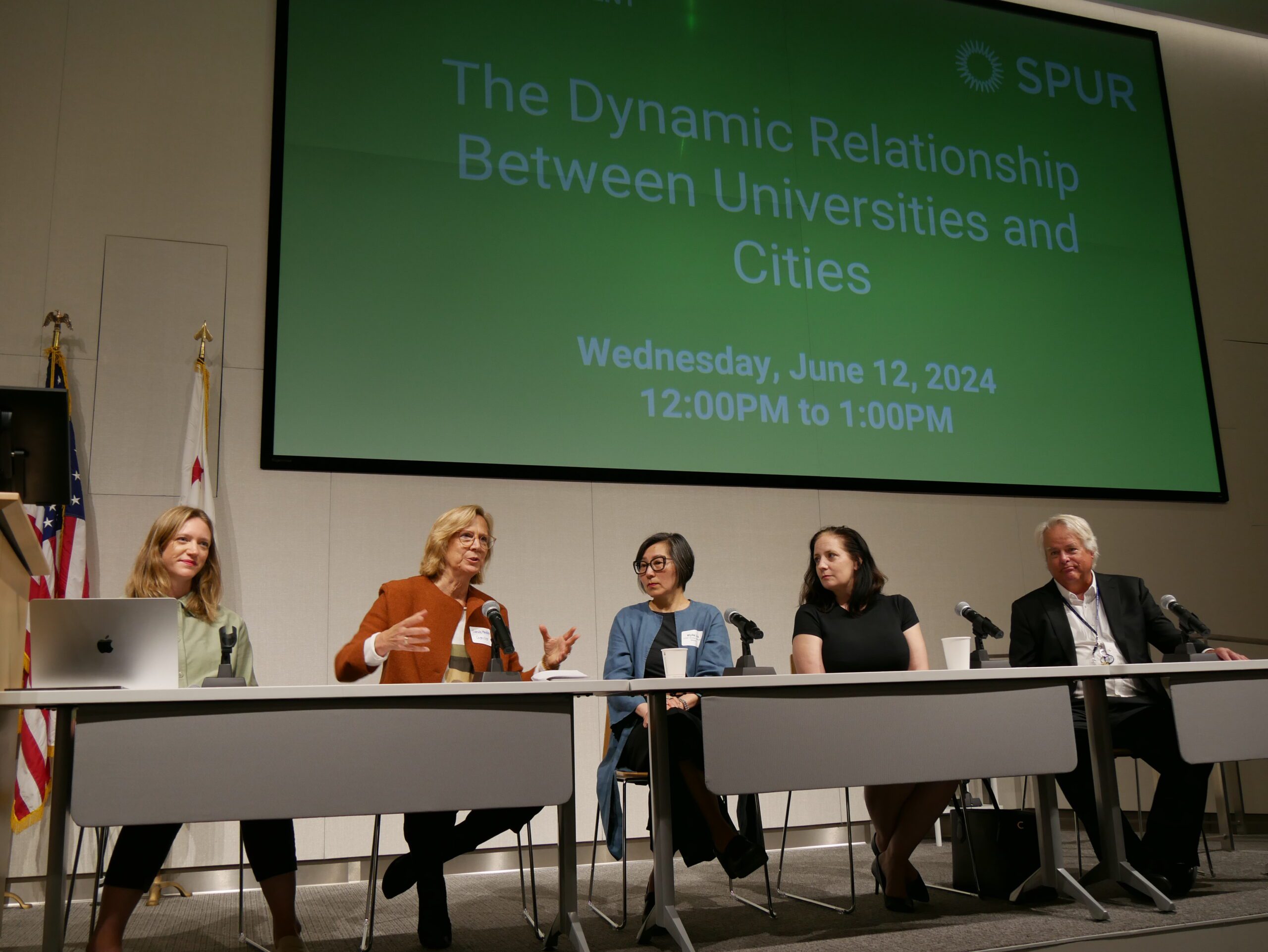
Leaders discuss university-city dynamics at UC Law SF’s new 198 McAllister building on June 12 in an event organized by SPUR, focusing on housing solutions and economic growth through initiatives like UC Law SF’s Academic Village.
College campuses in urban areas can drive economic growth, improve quality of life, and help address housing challenges, leaders said at an event organized by the San Francisco Bay Area Planning and Urban Research Association (SPUR).
“The Dynamic Relationship Between Universities and Cities” brought together representatives from government, education, and the private sector to explore the transformative benefits of collaboration and well-designed buildings in densely populated urban settings.
The June 12 event took place in the auditorium of UC Law San Francisco’s 198 McAllister building, a centerpiece of the College’s Academic Village, which has added new housing units for students in different disciplines from universities and colleges across the region.
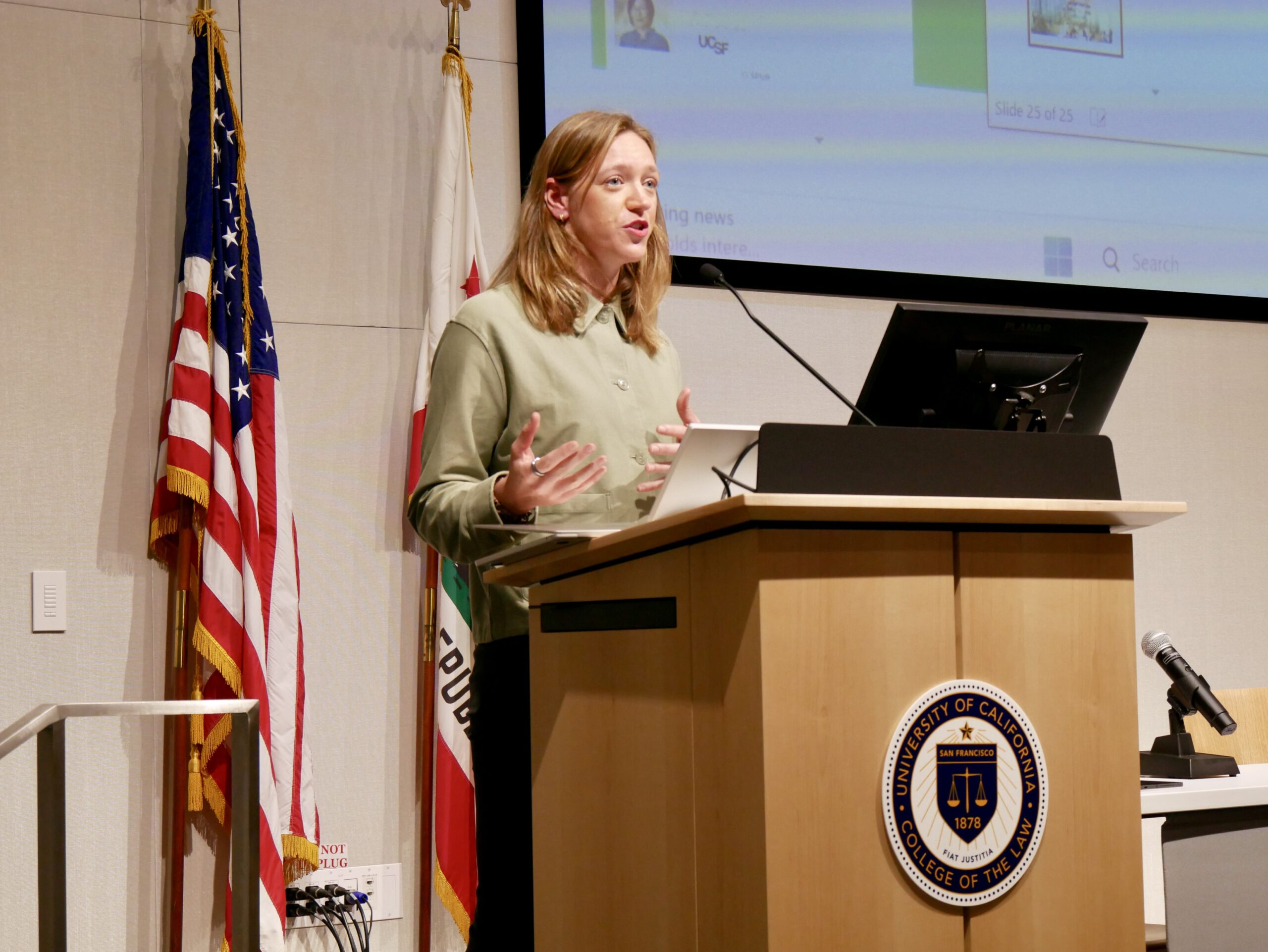
Annie Fryman is director of special projects for SPUR, a nonprofit public policy organization that works to develop solutions to urban planning challenges. She moderated a panel of experts discussing how universities can help cities thrive.

Anders Carpenter is associate principal for higher education at the architecture firm Perkins & Will and senior project manager for UC Law SF’s Academic Village. He says urban campuses are becoming more spread out, varied and multidisciplinary, fostering long-term sustainability and economic revitalization.
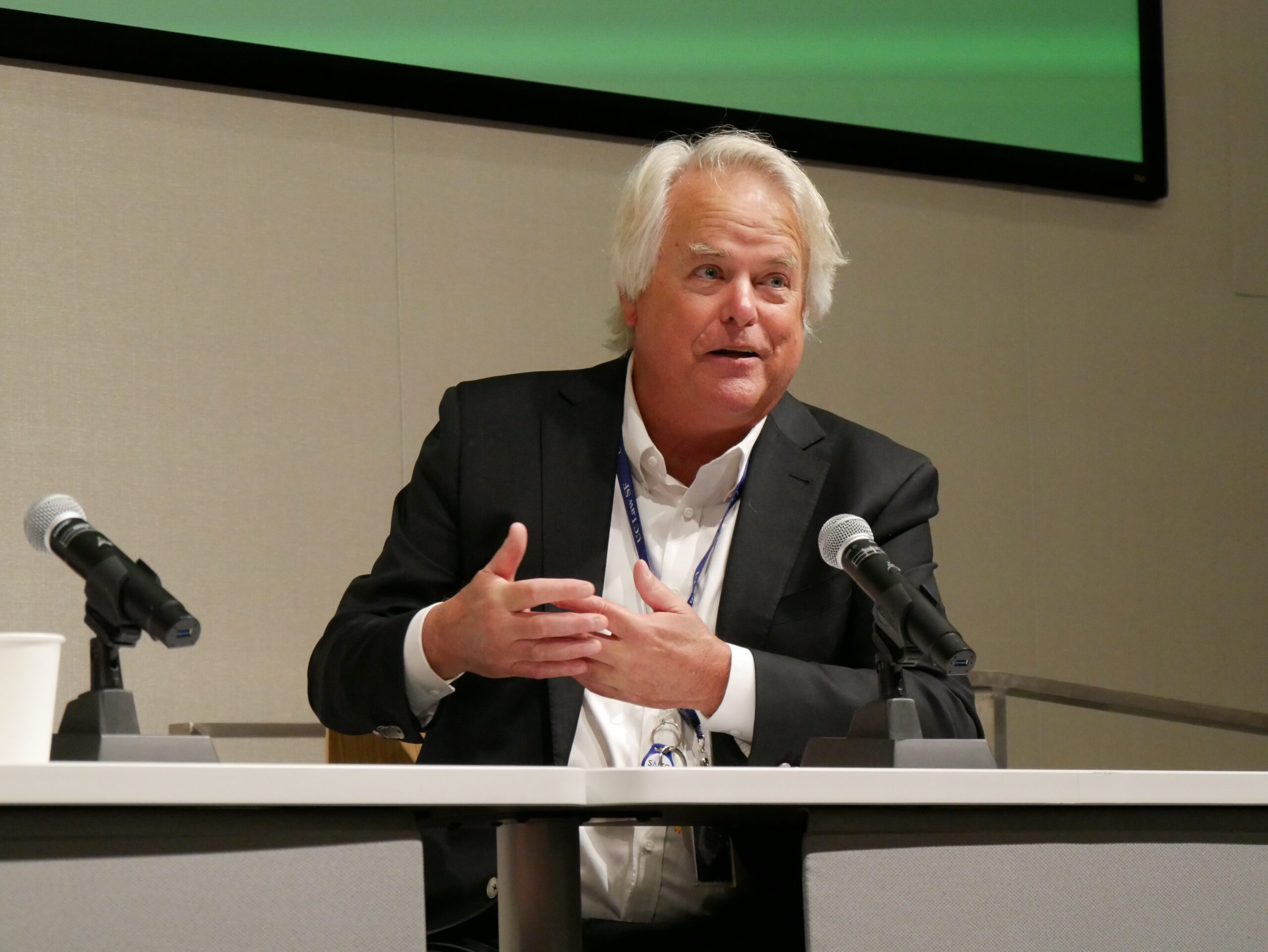
UC Law SF Chief Financial Officer David Seward says public universities can build housing more quickly and efficiently, ensuring that communities see tangible benefits sooner while offering educational programming that is sustainable in the long term and responsive to regional economic needs.
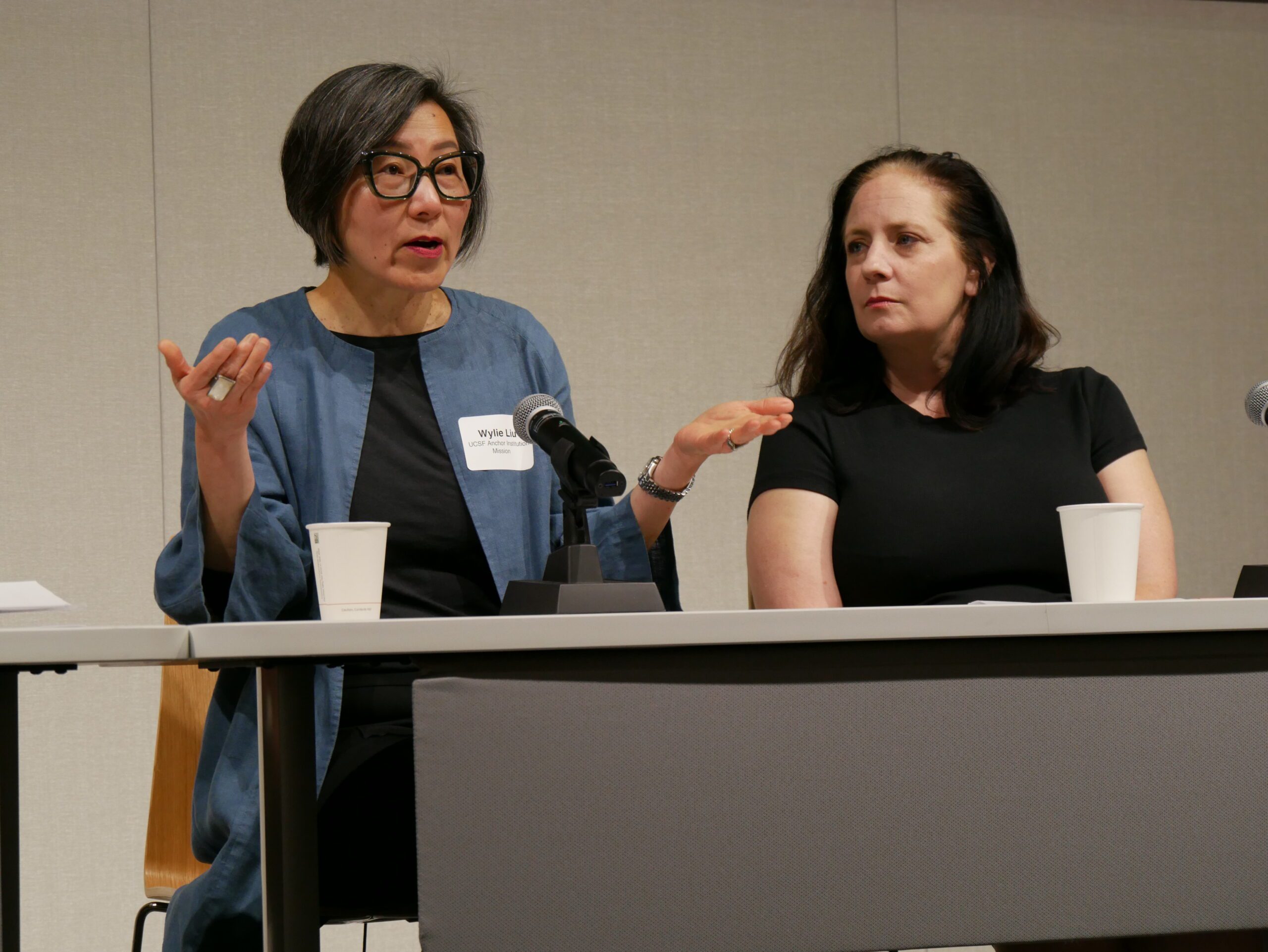
Wylie Liu (left), executive director of UCSF Anchor Institution Mission, says it’s important for universities to partner with local communities and consider their needs and perspectives in campus planning decisions.
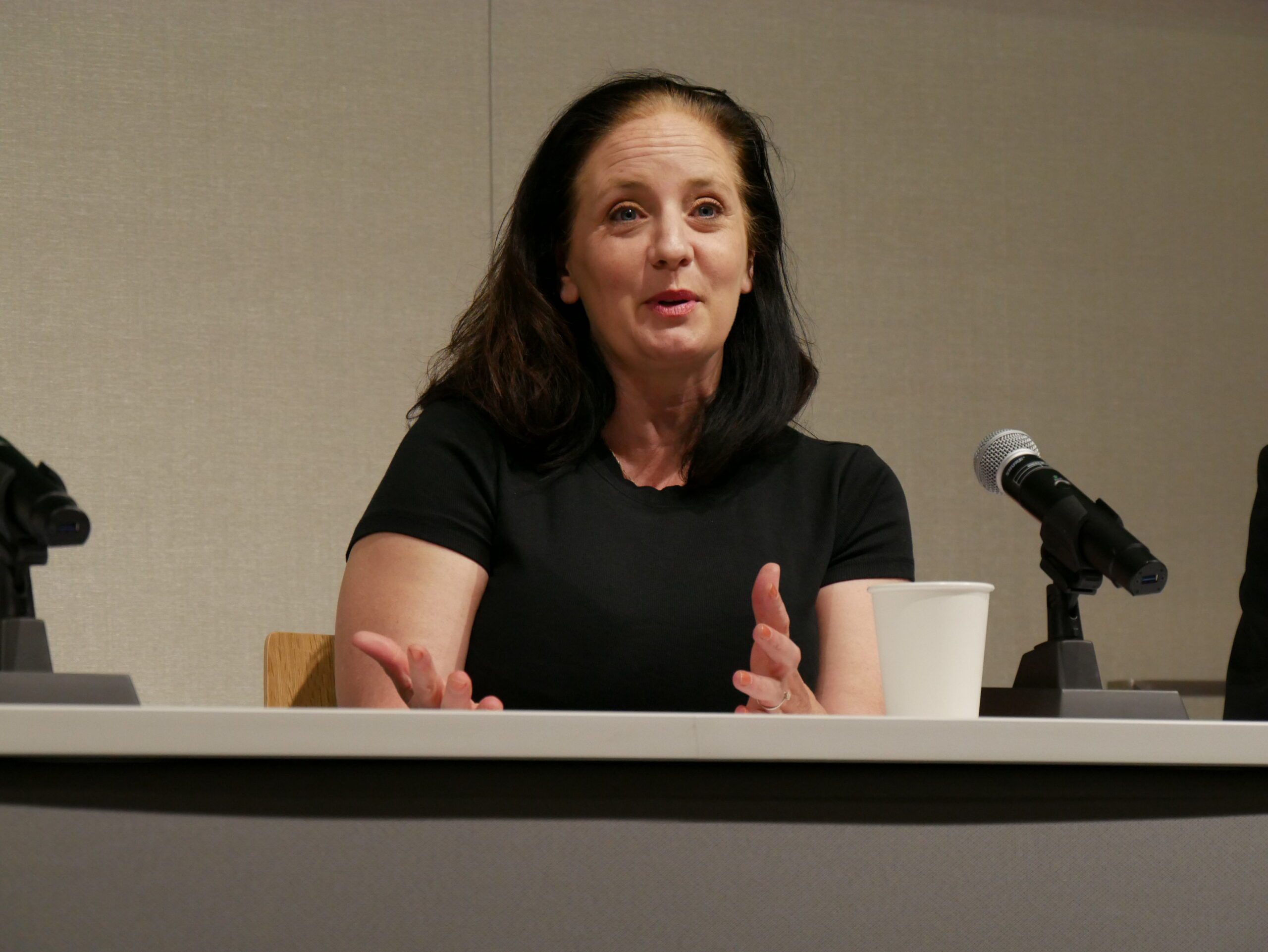
Laurel Arvanitidis, director of business development for the City of San Francisco’s Office of Economic & Workforce Development, says new student housing takes pressure off the city’s limited housing stock and makes rents more affordable.
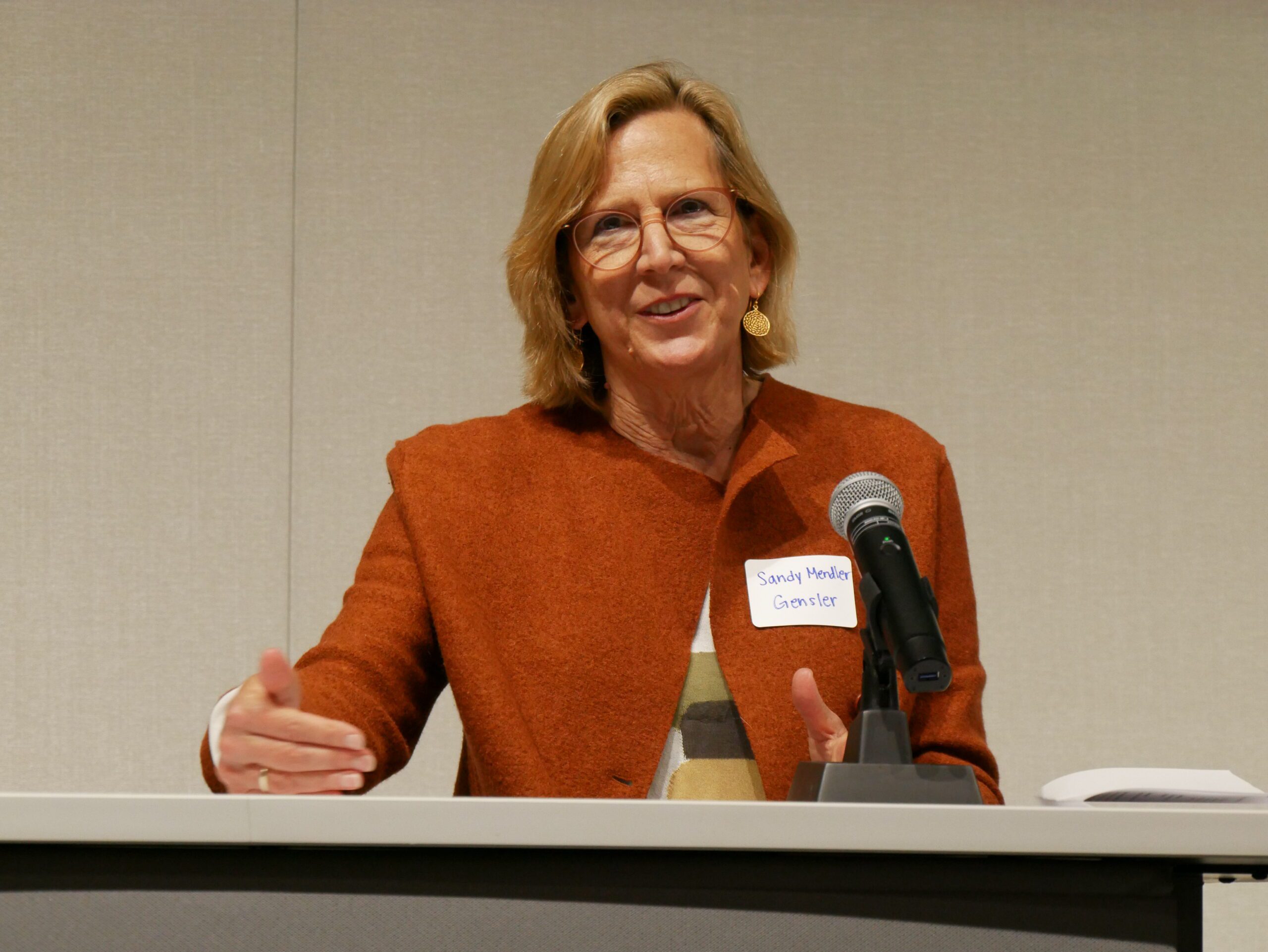
Sandy Mendler, education leader and principal at the global design and architecture firm Gensler, says more colleges are planning campus structures that engage with their communities, such as hosting companies that employ local residents and spur economic growth.